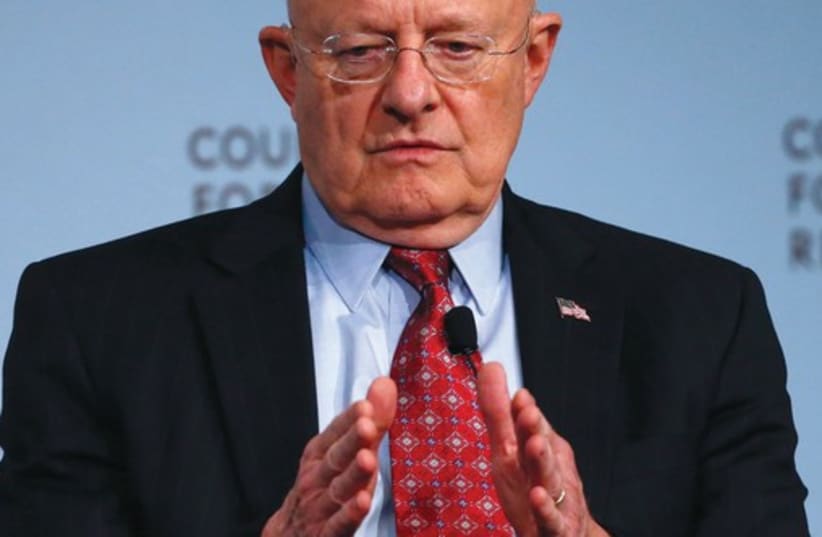“This is because we don’t have laws that govern that,” he added. “I think that is an area that hopefully our Congress will deal with.”
Most of Clapper’s discussion related to describing Russia’s social-media campaign to interfere in the 2016 US presidential election.Moscow “reached some 132 million Americans on Facebook alone – not to mention other media platforms,” he said.
The former top intelligence official said Russia “had messages for everybody. They knew how to capitalize and exploit the polarization and divisiveness in this country, which already existed, and they amplified it.”
While some of this part of the narrative is not radically new, Clapper explained how puzzled he and the heads of the CIA, NSA and FBI were about how to cope with the cyber assault.
Even before the November 2020 election, intelligence officials giving a classified briefing to the four top Republican leaders simply led to accusations that the Obama administration was politicizing the intelligence community to undermine Donald Trump, he said.
In another noteworthy moment, Clapper said Russian intelligence was as shocked as much of the US when Trump won the 2016 election.
“They were as shocked as everyone else was when he won,” he said. “Russia had anticipated Hillary Clinton would win and [already preelection] were laying the groundwork to undermine her as president.”
On a positive note, he said the CIA, NSA and FBI were cooperating on the issue of confronting Russian disinformation informally even before they were later given orders to form a joint task force.
This showed that the lessons of the 9/11 Commission to increase data sharing between disparate US intelligence agencies has firmly taken root, he said.
Former Shin Bet (Israel Security Agency) technology chief and current Phonetica CEO Ron Shamir said due to the inherent tensions of a prime minister or other head of state being a politician, Israeli intelligence officials should handle digital foreign interference in elections differently than other issues.
If normally the Shin Bet always reports first to the prime minister, then regarding foreign election interference, it should report first directly to the Central Elections Committee, he said.
The Shin Bet needs to be careful about what it reports to the prime minister about such issues, he added.
Furthermore, the Central Elections Committee, not the prime minister, should decide when and what about such foreign interference should be shared with the public, Shamir said.
Regarding the future, Israel National Cyber Directorate official Rafael Franco said Israel and other cyber powers had improved at defending elections from direct and aggressive cyber threats, but they remain vulnerable to slow, gradual and patient hackers.
